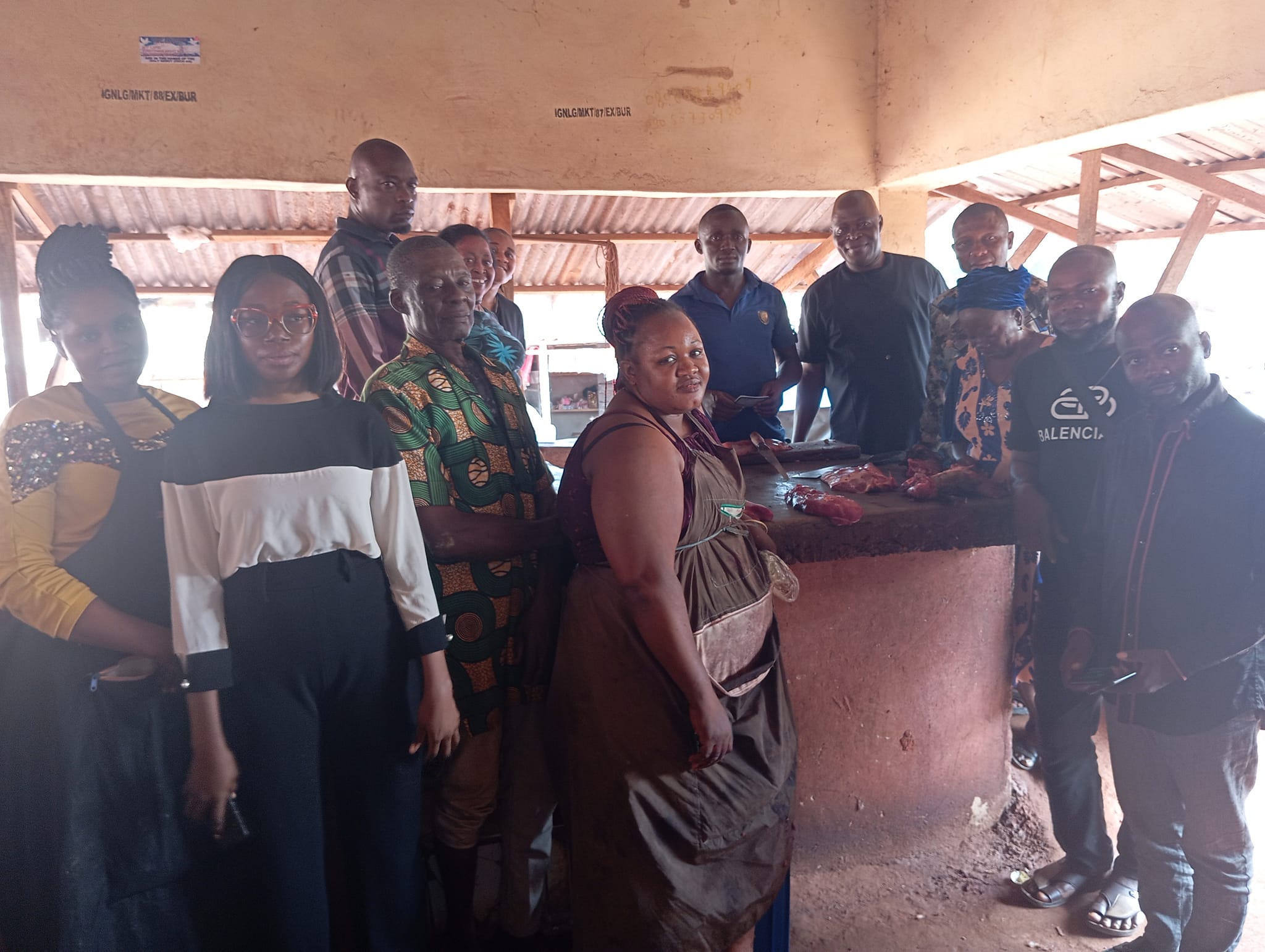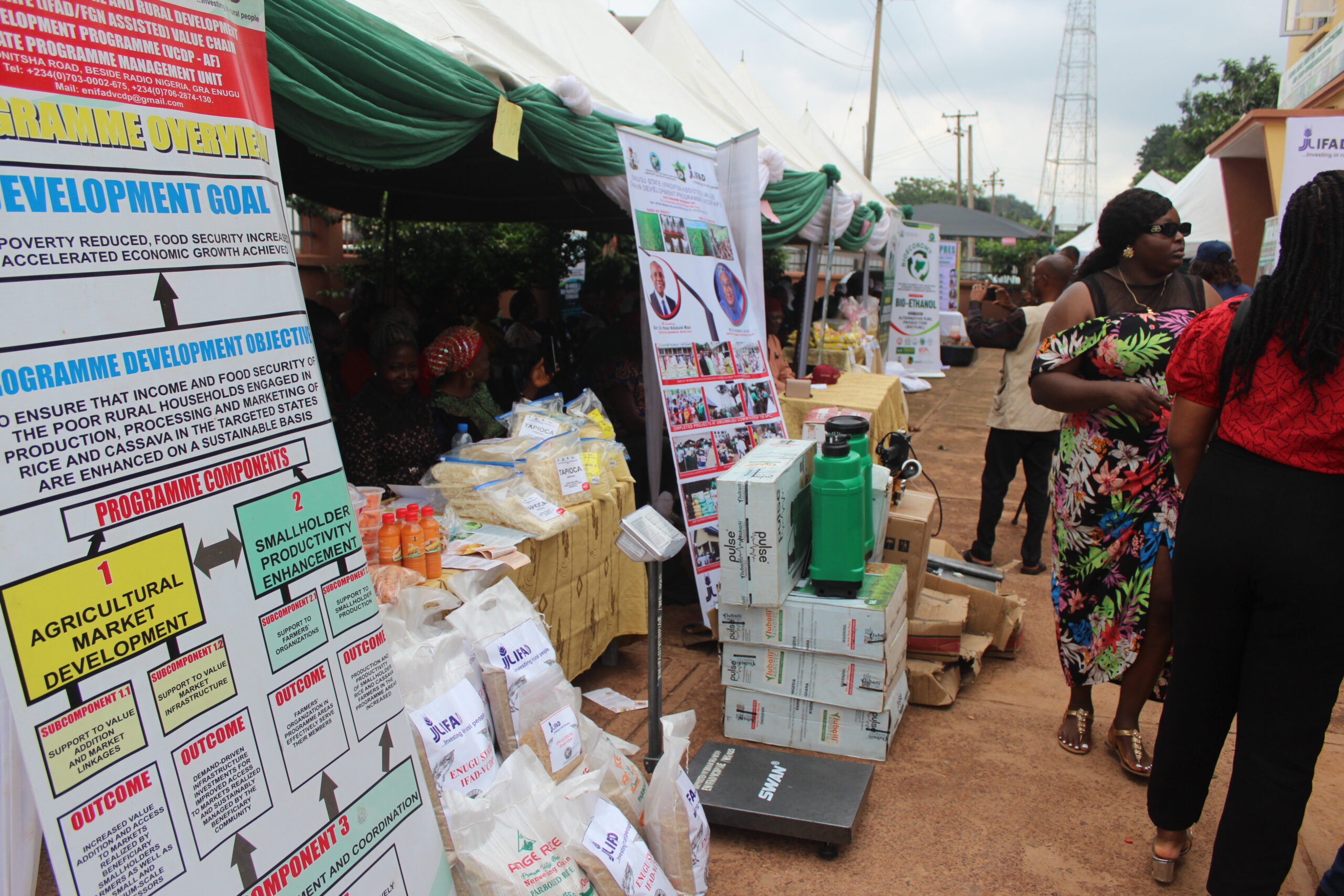The Nigerian government has set an ambitious target to significantly enhance the contribution of the livestock sector to the nation’s Gross Domestic Product (GDP) in the coming years.
Current Contribution and Future Goals:
Present GDP Contribution: As of now, the livestock sector contributes approximately $32 billion to Nigeria’s GDP, accounting for about 5% of the total GDP.
2030 Target: The government aims to increase this contribution to 10% by 2030, effectively doubling the sector’s current share.
2035 Projection: Long-term plans envision expanding the livestock sector’s GDP contribution to $74 billion by 2035, positioning Nigeria alongside leading animal protein producers such as Brazil, Argentina, and the United States.
Strategic Initiatives:
To achieve these objectives, the Ministry of Livestock Development has outlined several strategic pillars:
Livestock Value Chain Development: Enhancing the entire value chain from production to processing to increase efficiency and output.
Animal Health and Zoonoses Control: Implementing measures to improve animal health and control diseases transmissible to humans.
Feed and Fodder Management: Ensuring the availability of quality feed to boost livestock productivity.
Water Resources Management: Developing water resources to support livestock, especially in arid regions.
Finance and Insurance: Providing financial support and insurance options to mitigate risks for livestock farmers.
These initiatives are part of a comprehensive plan to modernize the livestock industry, create millions of jobs, and ensure food security through increased production of meat, dairy, and other animal products.
Expected Outcomes:
Job Creation: The sector’s growth is projected to generate employment opportunities, particularly in rural areas, thereby reducing unemployment rates.
Domestic and Global Market Competitiveness: Enhancing production to meet domestic demand and compete in international markets, thereby improving Nigeria’s trade balance.
By implementing these strategies, Nigeria aims to transform its livestock sector into a major economic driver, contributing significantly to national development and positioning the country as a key player in the global livestock industry.
Livestock to targets $75b contribution to GDP
By
/










